


Alaşım Metallurgy is an engineering company that offers high quality alloys and innovative metallurgy solutions. With our expert staff and modern technology infrastructure, we offer special metallurgy solutions for various sectors; we develop quality, durable and economical materials.
With our long-standing experience in the field of metallurgy, we work with the aim of being a pioneer in the sector in both local and global markets. Keeping customer satisfaction at the forefront, we aim to achieve the best results by using our engineering knowledge in every step from the design phase to production.
Products
We offer quality products that will facilitate your business processes by providing innovative solutions with our customer-oriented approach, enabling you to gain a competitive advantage in your business.
International casting standards are criteria determined for the parts produced in the casting sector to meet the quality, reliability and performance requirements. These standards are developed by organizations such as the American Society for Testing and Materials (ASTM), the International Standards Organization (ISO) and the German Standards Institute (DIN) and define the properties of casting p...
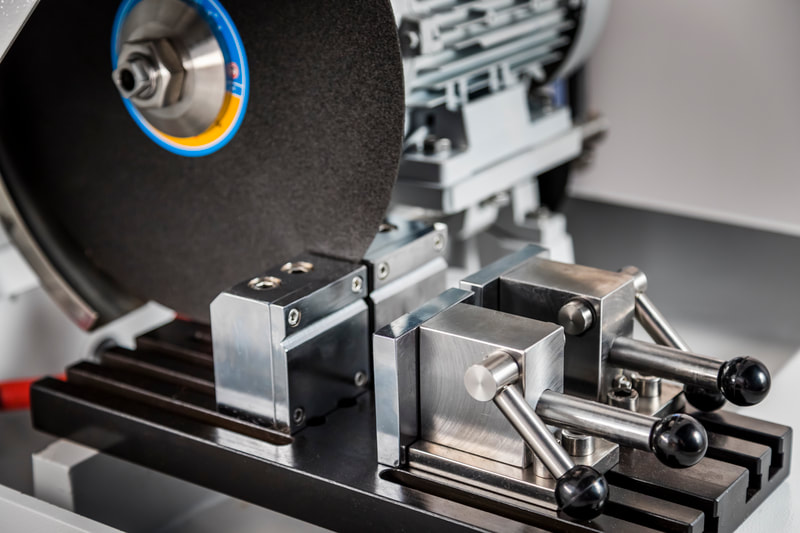
Alaşım Metallurgy and Engineering offers solutions based on advanced shaping, heat treatment and quality control techniques for the production of high-quality metal products. In metallurgical processes, various shaping methods are used to achieve appropriate shapes and properties for materials. Techniques such as casting, rolling, extrusion and forging are selected according to the structural r...
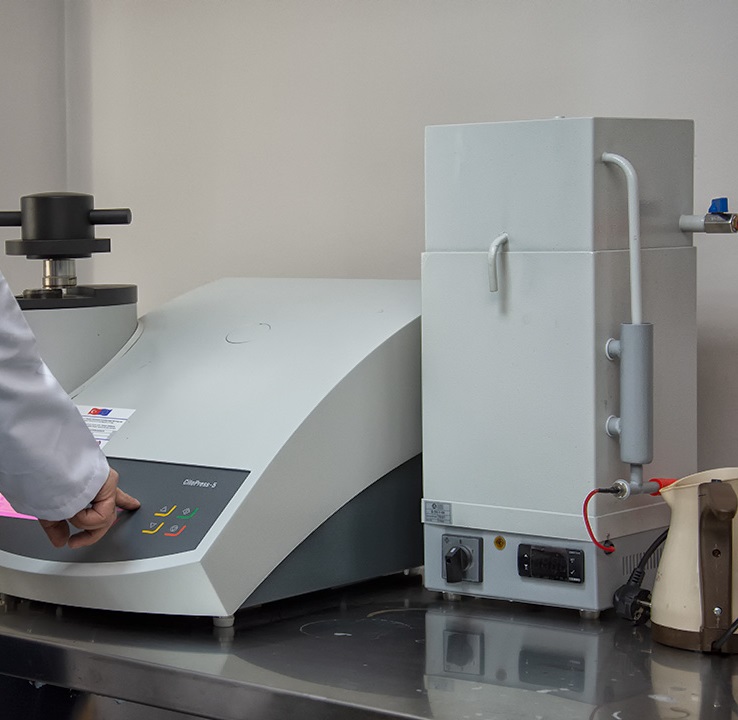
Alaşım Metallurgy has in-depth knowledge and experience in high chromium white cast irons, Ni-Hard cast irons, gray castings, spheroidal castings and alloys, and offers comprehensive consultancy services in these areas. The company provides guidance with its expert staff on material selection, production processes, heat treatments, quality control parameters and appropriate areas of use. It pro...
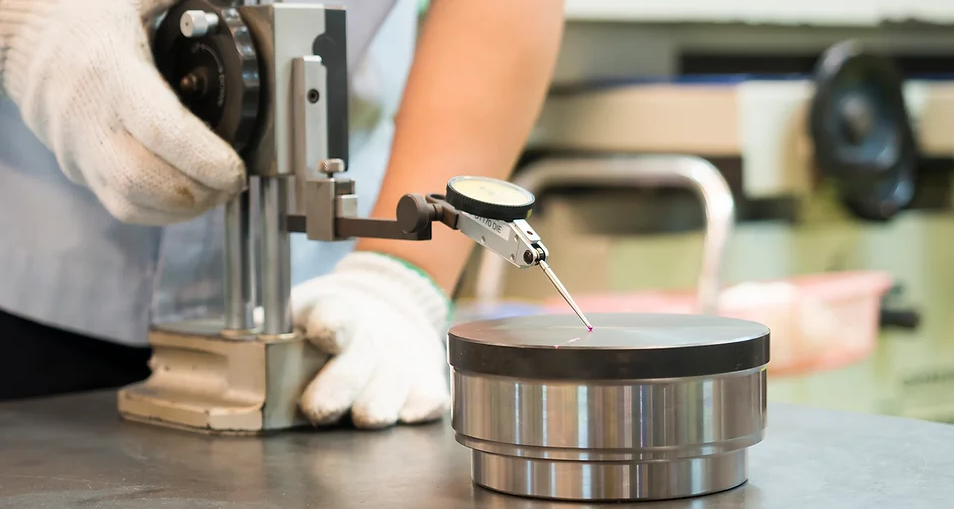
Alaşım Metallurgy
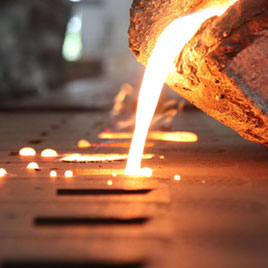
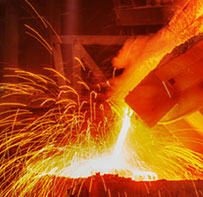
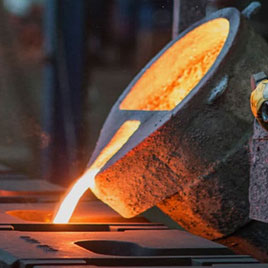
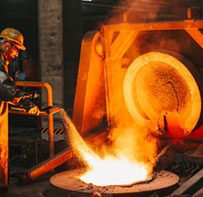

1. The casting process can be done with various methods according to different features and requirements. The main casting methods are sand casting, precision casting, continuous casting, pressure casting and gravity casting. Sand casting is the most widely used method and provides a cost advantage due to the reusability of the mold. While precision casting is preferred for complex and finely detailed parts, continuous casting is suitable for high-volume production.
2. Casting provides advantages in the production of parts with complex geometries and can create details that cannot be achieved with other manufacturing methods. Casting offers cost advantages in the production of large and small parts and minimizes material waste. In addition, a wide variety of alloys can be used with the casting process, providing a wide range of applications.
3. After casting, stresses may occur within the parts, which may cause cracking or deformation in the parts. Annealing or stress relieving heat treatment is usually applied to relieve these stresses. Heat treatment reduces internal stresses by heating and cooling the part in a controlled manner and allows the material to gain a more homogeneous structure. In this way, the performance and durability of the part increases.
4. Casting material selection is determined by the area of use of the material. For example, steel casting is preferred in applications requiring high strength and wear resistance, while ductile iron (spheroidal graphite cast iron) is preferred due to its impact resistance. High-chromium white cast irons and Ni-Hard castings are used in applications resistant to high temperatures and corrosion.
Latest News